#ElonMusk #AssassinationAttempts #Tesla #Security #PoliticalViolence #IronMan #Cybertruck #LeftistMedia
In recent disclosures that have sent shockwaves through the financial and political spheres, Elon Musk, the iconic figure behind Tesla and SpaceX, has revealed that he has been the target of multiple assassination attempts within the past eight months. This startling revelation aligns closely with a broader narrative of escalating political violence, underscored by an aborted assassination attempt on former President Donald Trump at a campaign rally. Musk’s announcement not only raises concerns about the personal safety of high-profile figures but also highlights the polarizing climate of contemporary political discourse.
Responses to Musk’s disclosure have come from various quarters, with calls for increased security measures echoing across the social media landscape. Concerned fans, investors, and observers have openly implored Musk to enhance his personal security protocols, reflecting a palpable fear for the safety of individuals perceived to be at risk due to their public profiles or political positions. Amid these calls for caution, Musk’s own reaction has been characteristically forward-looking, musing about the creation of a “flying metal suit of armor,” an allusion to the fictional Iron Man suit, as a whimsical yet poignant reflection on the nature of personal security in an era marked by technological innovation and heightened threats.
The implications of Musk’s situation extend beyond personal security, touching upon broader themes of media responsibility, political polarization, and the role of technology in personal safety. Musk’s mention of the Tesla Cybertruck’s bulletproof capabilities not only serves as a testament to technological advancement but also metaphorically underscores the need for resilience against both physical and ideological attacks. The discourse surrounding these events, particularly the portrayal by some of leftist media and activists as provocateurs of violence, further complicates the narrative, drawing attention to the fraught landscape of political rhetoric and its potential consequences.
In a time where technology, wealth, and political activism converge, the experiences of figures like Elon Musk serve as a barometer for societal tensions and the challenges of maintaining dialogue and safety in an increasingly divisive world. As discussions unfold, they reveal the multifaceted nature of security in the 21st century—a blend of physical safety, ideological battlegrounds, and the search for innovative solutions in the face of enduring threats.


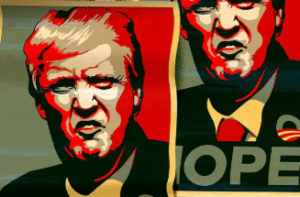
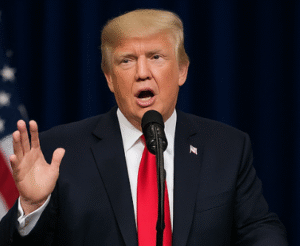
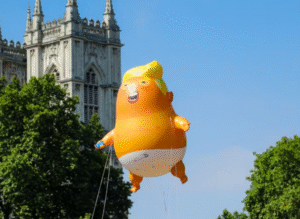
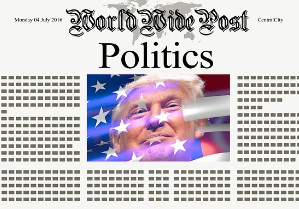
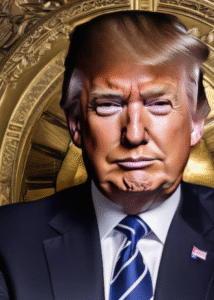
Comments are closed.